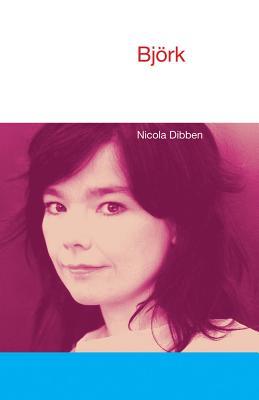This book provides the first comprehensive musicologically-informed account of Icelandic singer-songwriter Bjrk. Bjrk is internationally recognized for her unique and innovative musical style, as well as her collaborative working relationship with artists, musicians and sound engineers. Her work crosses the boundaries between club and dance culture and 'high art'. Bjrk has won numerous awards, including Best Actress at the Cannes Film Festival for her role in the film Dancer in the Dark, for which she also wrote the music. Nicola Dibben presents an analysis of audio and video tracks, live performances and recorded sound, viewed through the critical reception, interviews and fanzines that surround Bjrk's music. This analysis reveals recurrent cultural themes brought into focus by her music: landscape and identity, the relationship between humans and technology, song as a vehicle for emotional expression, and female autonomy. Reference is made to the whole of Bjrk's career, but the focus is on her solo career from Debut onwards. Additional chapters on Bjrk's compositional process - with newly gathered interview material - and on the critical-musicological approach adopted in the book round out this original study.

This book provides the first comprehensive musicologically-informed account of Icelandic singer-songwriter Bjrk. Bjrk is internationally recognized for her unique and innovative musical style, as well as her collaborative working relationship with artists, musicians and sound engineers. Her work crosses the boundaries between club and dance culture and 'high art'. Bjrk has won numerous awards, including Best Actress at the Cannes Film Festival for her role in the film Dancer in the Dark, for which she also wrote the music. Nicola Dibben presents an analysis of audio and video tracks, live performances and recorded sound, viewed through the critical reception, interviews and fanzines that surround Bjrk's music. This analysis reveals recurrent cultural themes brought into focus by her music: landscape and identity, the relationship between humans and technology, song as a vehicle for emotional expression, and female autonomy. Reference is made to the whole of Bjrk's career, but the focus is on her solo career from Debut onwards. Additional chapters on Bjrk's compositional process - with newly gathered interview material - and on the critical-musicological approach adopted in the book round out this original study.